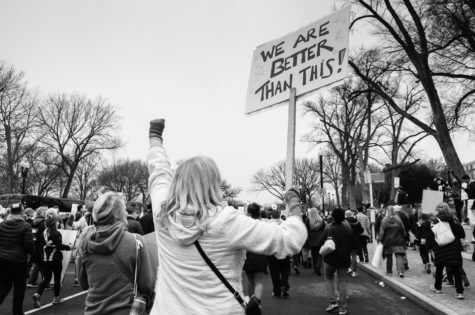PROVO, Utah — Words have the power to build communities and dissolve barriers. So it’s no surprise that in an era marked by vitriolic Twitter wars and media upheaval, they also have the capacity to divide us.
Politicians often turn to violent or loaded language to garner new supporters. But, according to a new study, this approach only intensifies the current political divide.

The research, conducted by professors from Brigham Young University professors and Louisiana State University professor, reveals that when politicians use violent language they pump up their supporters, naturally, but simultaneously increase polarization with voters who oppose them.
To reach their conclusion, the authors had “Republicans and Democrats read political statements on policy issues, then measured their support for these policies,” according to a university news release. Subjects read statements using words like “fight” or “battle” while others preached less violent terms such as “effort” and “work” to hammer home similar points.
BYU professor Joshua Gubler discovered that the terminology, symbolic or not, drove already distant partisans further apart.
“Even if it’s metaphorical, and everyone knows it, there’s something that happens when you frame things in terms of battle or war that has real-world consequences,” he explains.
A heightened sense of media backfire and sensationalism likely plays a critical role in certain metaphors sticking and not sticking with audiences. While journalists use violent language to play up conflict, Gubler says politicians should not only choose their words wisely, but narrow their audiences.
Nathan Kalmoe, the study’s co-author from LSU, suggests politicians implement a “micro-targeting” approach. The process requires more focused marketing and outreach. Politicians can reserve their “call to action” approach for specific email campaigns.
“If you can restrict your use of that language or the reception of that language to people that are just on your side, then you have the ability to push in one direction on political issues,” he says.
In an increasingly divisive climate, politicians can be most effective when they use their words to unify rather than excite, the authors believe.
Creating more thoughtful, less polarizing dialogue across party lines seems doubtful. However, politicians have the opportunity to reach a wider audience using language that is more inclusive.
The full study was published in September in the journal Political Communication.

Interesting the most use of violent speech is by climate activists. No wonder that has become divisive